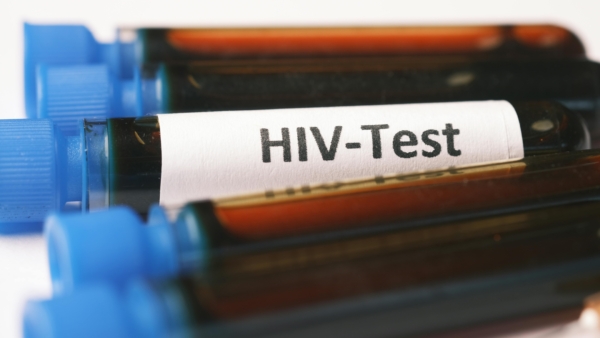
Laws around HIV transmissions need urgent update
The criminal law in relation to HIV transmission has not kept up with the science, according to a team of researchers based at Oxford Brookes, Northumbria and Kingston universities.
Alex Powell, Teaching Fellow in Law at Oxford Brookes University said: “The criminal law has continued to frame HIV in terms of personal responsibility and bodily autonomy within the dominant narratives of danger, disease, and out-dated science. Doctrinal law has failed to keep pace with social and scientific change.”
HIV and the Criminal Law
At present, there is no specific law or Act of Parliament in England and Wales that explicitly addresses the subject of HIV transmission. Nonetheless, the criminalisation of HIV has become the subject of growing academic and policy debate. Falling under the scope of the Offences Against the Person Act 1861, the criminal law has established that HIV transmission can constitute an offence of Grievous Bodily Harm (GBH).
In the article, the researchers considered the changing social and scientific landscape associated with condomless sex, to re-evaluate the development of law in this area, concluding that:
- The criminal law in relation to HIV transmission has not kept up with the science.
- If the purpose of HIV transmission is to prevent or regulate ‘serious harm’ (GBH), this definition should be supported by current research rather than outdated fear. The law may be contradictory on these terms by further contributing to medical and social harms such as stigma.
Chris Ashford, Professor of Law and Society at Northumbria University also commented: “The experiences of people living with HIV have been transformed over recent years. Advances in medical science have made the virus a manageable chronic condition, while eliminating the risk of onward transmission for those with access to treatment, something referred to as TasP (treatment as prevention) or U=U (undetectable equals untransmissible).”
Max Morris, Lecturer in Criminology at Kingston University added: “Through the reframing of HIV transmission as an act of harm, criminalisation also implicates the positive partner as a ‘vector of disease’. In doing so, we argue that the language of law diminishes the humanity of HIV positive people by re-constituting them as a ‘danger’ or ‘threat’ to (‘innocent’) HIV negative people.”
The study is published in the Journal of Criminal Law, titled ‘Bareback Sex in the Age of Preventative Medication: Rethinking the “Harms” of HIV Transmission’.








